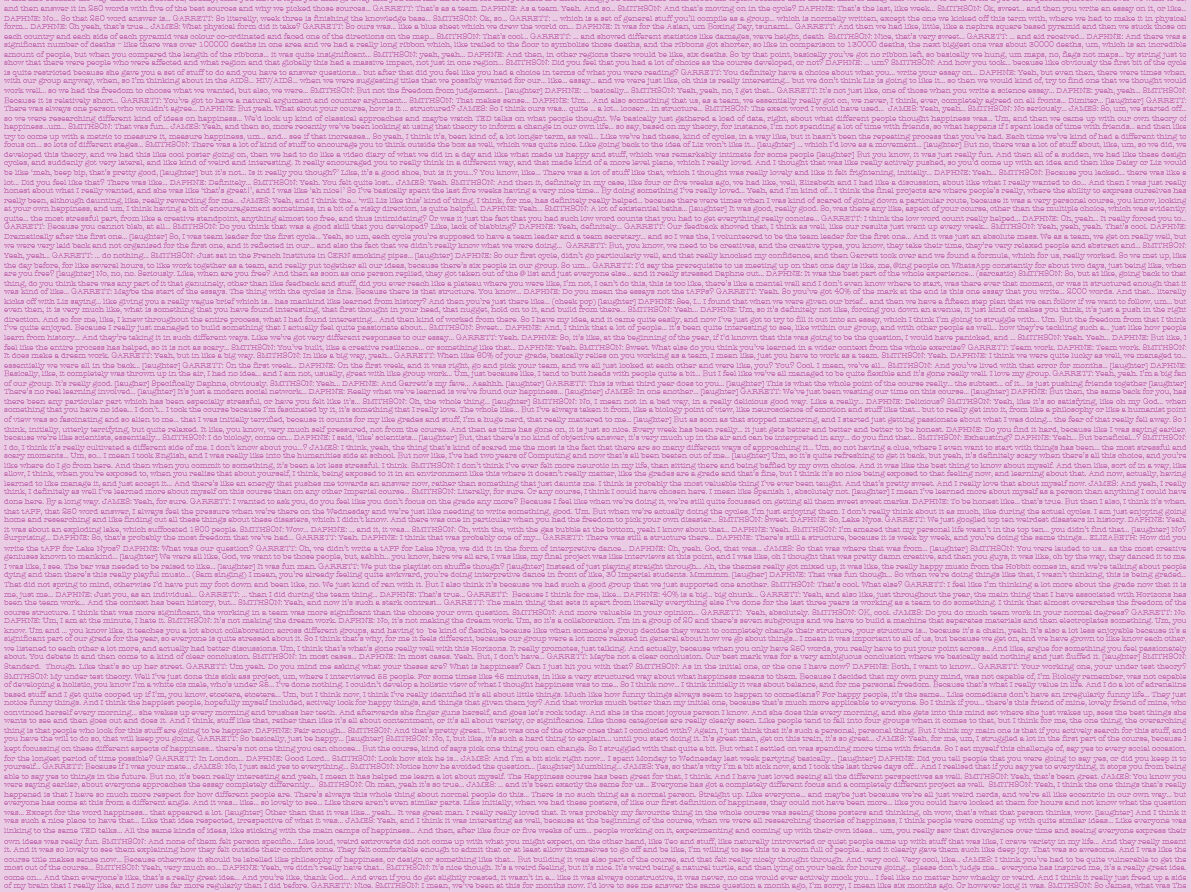A research seminar given by Elizabeth Hauke on Non-Traditional Academic Writing.
“[Academic writing] constricts our breathing especially when the norms of such writing are far removed from the material experiences which shape how we live, think, feel, work, see others and so on. [Non-traditional academic writing] is concerned with broadening, widening and deepening knowledge and understanding by giving our ideas space in which they can flourish, create new meanings, help us learn and become human.”
Gilmore, S., Harding, N., Helen, J. and Pullen, A. (2019) Writing differently. Management Learning 50(1) p3-10
The way that we write influences what is and what can be thought of as valid knowledge. It influences how we conceptualise and come to know about the world, about each other and about how we live our lives. Within academia, there are accepted norms of writing – based in disciplinary language, journal requirements (the format, length and structure of academic papers), the peer review process and the need to ‘produce’ recognisable and accepted outputs. However, while this helps to fast track knowledge production within deep specialisations, it does little to further our broader, interdisciplinary and humanistic understanding of the world around us – in particular doing little to help us solve ‘wicked’ problems in the world – be they environmental, technological or social.
This interactive seminar draws from both classroom and research based attempts to push at the boundaries of accepted forms of knowledge production. From the classroom we will explore the use of experiential feedback in writing, and in research we will consider some non-traditional forms of writing and knowledge production such as narrative prose, images, poetry.
Watch with a pen and paper at hand and join in with the exercises in the seminar.
